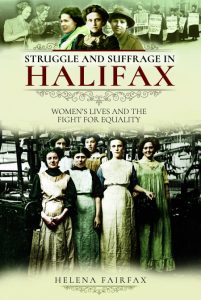At the end of 2017, before I had my publishing contract and when I had a bit of time on my hands, I submitted a couple of stories to competitions in Writing Magazine. Writing competitions are a good exercise in disciplined writing, a tight word count does wonders for eliminating waffle. They can also provide inspiration during periods of writers’ block and the opportunity to diversify into different genres. I’d entered Writing Magazine competitions before without success, but persistence pays off because to my great surprise this time, in both cases, I was shortlisted. Shortlisted stories don’t get published, or featured on the magazine’s website, they just fade into obscurity. So I thought why not give them the light of day.
This first entry had to include the words ‘without that it all falls apart‘ mid-story, and the second, which I’ll post up in a few weeks’ time is a science fiction piece (yes really!)

Today of All Days
The boy was back again.
Simon’s heart fell as he stepped through the front door and heard the soft murmur of voices from the kitchen. Not today. Not today, of all days.
Julia looked up. He’d got used to seeing the shadow of sadness in her eyes but her mouth smiled, as welcoming as always. She rose from the table, kissed his cheek, slipped across the room to refill the kettle.
‘I’ll make us all another tea,’ she said. ‘Isn’t it good of Zak to come today, today of all days.’
The boy turned. Simon was glad to see the flush of embarrassment on his face. The boy had wormed his way into Julia’s heart but Simon was not fooled by that mask of civility.
‘Hello, Mr Crouch.’
They’d never been on first name terms and they never would be. Some acts were unforgiveable, despite Julia’s insistence to the contrary. The counselling had given Julia a sense of stoic resignation Simon totally failed to comprehend. Thinking about what might have been doesn’t help, Julia had told him. Negativity solved nothing. We can’t spend the rest of our lives thinking about what ifs.
Simon could.
What if they hadn’t given in to Hayley’s demands to transfer to the local sixth form college? What if he’d had his own way and Hayley had stayed at private school to take her A levels? Because then Hayley would have never met the boy. She’d never have started dating.
What if they’d said no when she’d asked about the trip to the festival? At least she asked, Julia had pointed out. Some kids would just go. How could they have said no?
What if she’d never got into the boy’s car?
She’d still be here. That’s what if.
‘Biscuit?’ Julia said, breaking open a packet of shortbread. They were Simon’s favourites, a deliberate ploy to force him to be sociable.
The boy’s once handsome face was pitted with scars. Simon was glad the boy would bear permanent evidence of his crime. Simon and Julia’s scars went unseen. Souls destroyed by grief. No visible signs. You just carried on, you had to.
Come to counselling with me, Julia had said. But he couldn’t because he didn’t want to sit in a circle with other bereaved parents and confess to a psychologist that he didn’t know how to come to terms with the death of his only child; how to re-assess, re-build, move-on. He didn’t want to talk about the hurt, and the hate, that consumed him. He found solace in work. Accounts, investments and taxation schemes still made sense when nothing else did. His clients needed him. He couldn’t just close up shop.
Everybody coped differently, Julia soothed, as if she understood, as if she didn’t mind his absence from the sessions. He immersed himself in his job while Julia poured out her heart and made friends with the enemy.
It was the ultimate betrayal. He couldn’t think of it in any other terms. The boy had killed their daughter and Julia had invited him into their house.
‘I could hardly leave him on the doorstep, could I?’ she said, the first time Simon came home to find the boy in their kitchen. ‘That’s not what Hayley would have wanted. I couldn’t turn him away.’
‘Yes you could,’ Simon argued. ‘He had no business to come here, upsetting you.’
‘He was far more upset than me,’ Julia insisted. ‘He was distraught. I didn’t know what else to do. He’s lost someone too, remember.’
The boy’s loss would never be as great as theirs. He’d barely known Hayley. What was a year, eighteen months, compared to a lifetime?
‘Don’t you see how important it is for him to maintain contact with people who knew her?’ Julia was on a crusade, almost as if she’d found solace in the boy’s visit. ‘We’re that link, however tenuous. We represent some part of Hayley, something tangible. Without that, it all falls apart.’
Let it all fall apart, Simon thought, let the boy suffer and shatter into fragments as they had done. Why should Julia become the boy’s conscience saver?
‘Hayley had lots of friends,’ Simon pointed out. ‘Why can’t he go and have cosy chats with them instead?’
Julia had an answer for everything. ‘You of all people should understand how difficult it is to find someone you can open up to, someone you can trust.’
He didn’t like the inference that he and the boy shared anything in common. Simon had chosen not to open up. He didn’t want to delve into the chasm, because once he started, he knew he wouldn’t be able to stop. One of them had to stay strong.
‘He thinks he’s to blame,’ Julia said. ‘He holds himself responsible.’
‘But he is responsible,’ Simon replied. Back to all those what ifs again.
‘No,’ Julia said. ‘The van driver was entirely at fault. Zak did everything he could to avoid the crash. Didn’t you listen to a word at the inquest?’
Julia was too generous, too kind. Too forgiving.
‘I don’t want him here again,’ he’d said.
Yet here he was. Again.
Simon noticed the flowers in the sink, the type of cheap bouquet picked up at a service station or corner shop. Now he felt guilty. Guilty he hadn’t thought to buy flowers on the way home from work. Guilty that he’d dismissed his doubts that really he should have taken the day off.
She’d said she didn’t want to do anything that made the date significant. She’d insisted it would make matters worse, not better. Sometimes Julia spoke in unfathomable riddles. How was he supposed to know what was the right thing to do?
The house phone rang. It had probably been ringing all day; Julia’s mother; his mother, friends, the bereavement group, that closed-circle who gave Julia her strength and from whom Simon felt so alienated. Whoever was ringing now would be offering sympathy and platitudes, talking of time being a great healer, the old clichés about the first anniversaries always being the worse, and how everything would get better from now on.
‘I’ll get it,’ Julia said.
The boy shuffled on his seat.
‘You’re not to come here again,’ Simon said as soon as Julia was out of the room. ‘It upsets my wife.’
‘I only came to bring the flowers,’ the boy muttered. ‘I couldn’t not do anything, not today.’
‘My wife is very gullible. This has gone on long enough. You coming here just makes everything ten times worse.’
‘I’m sorry.’ The boy kept his eyes downcast. ‘I never meant any harm. She should have said if she didn’t want to see me.’
‘Well, I’m saying it now.’
He thought the boy would get up, make a swift exit while Julia was still on the phone, but instead of making a move to leave the boy slumped further into his chair. He hung his head, ran his fingers through his shaggy hair, revealing more scar tissue. Simon recoiled at the intensity of the criss-cross of lines, seeing them close-up for the first time. He reminded himself the boy had walked away from the wreckage of his car, walked away, while Hayley had to be cut free. His attempt to stem the flow of blood from Hayley’s wounds had been admirable but amateurish, the coroner had said. If the ambulance had arrived five minutes earlier, if the van driver hadn’t stopped for a second drink, hadn’t been on medication…
What ifs.
‘I think about her all the time,’ the boy said. ‘Hayley was the best thing that ever happened me. I’d never met anyone like her. She was full of fun, so beautiful, generous, and I find it so hard to remember that, because all I see now when I think about Hayley are the headlights of the van coming towards us. I slam my foot on the brake but it’s all too late. I hear her screams. It’s a nightmare that won’t go away, that recurs day after day, and sometimes I wake up, and I think that’s all it is, just a nightmare, I’ll see Hayley at college today, and then I look in the mirror, and I can’t escape. I’ll never escape. It’s all my fault. I killed her.’
The boy sobbed as if his heart was breaking, sobs that came from somewhere deep within the pit of his thin, lanky frame, sobs that reverberated around the kitchen. The boy sobbed as Simon had wanted to sob when Hayley’s life-support was switched off.
‘Julia, your wife, Mrs Crouch, she understands,’ the boy mumbled on through his tears. ‘She listens to me. That’s why I come. Nobody else wants to know. They tell me it’s a year now, and I should be moving on, go back to college. Julia says I should go back to college too, it’s what Hayley would have wanted, but she doesn’t say it like they say it. She understands.’
Envy was an irrational reaction, yet it stabbed at Simon like a knife, gauging into his shame. He wanted to tell the boy to get a grip, to pull himself together, because that was the advice he gave himself, but that advice hadn’t worked. This boy provided Julia with the comfort and the empathy he could not. They had consoled each other and he had remained deliberately aloof.
He wasn’t aware of Julia coming to stand in the doorway, phone in her hand. He was just aware of the boy at the table who had been injured in the car crash that had taken his daughter’s life, a boy who shared his nightmares, his fears, his grief, his loss.
He tried to think of something he could say that would make it better, something Julia might say when the boy came here, seeking refuge. Really, there was nothing.
He reached out and put his hand on the boy’s shaking shoulder.
‘We don’t blame you. It wasn’t your fault.’
Perhaps it was the right thing, the only thing to say, today of all days.
The End
© Rosie Travers
You can check out some of my flash fiction here
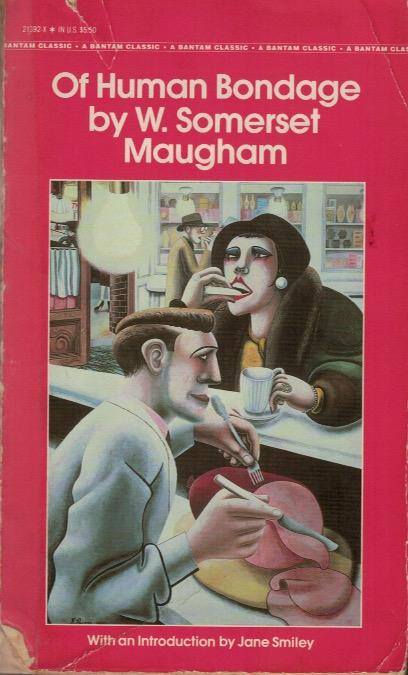
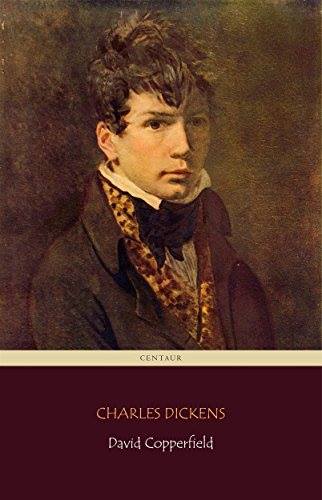
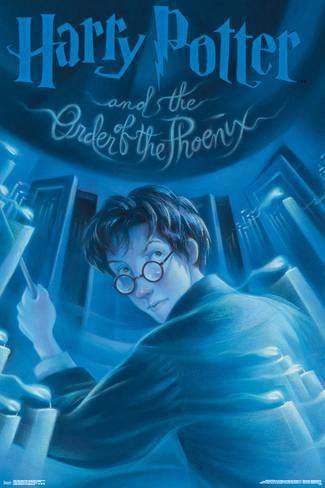
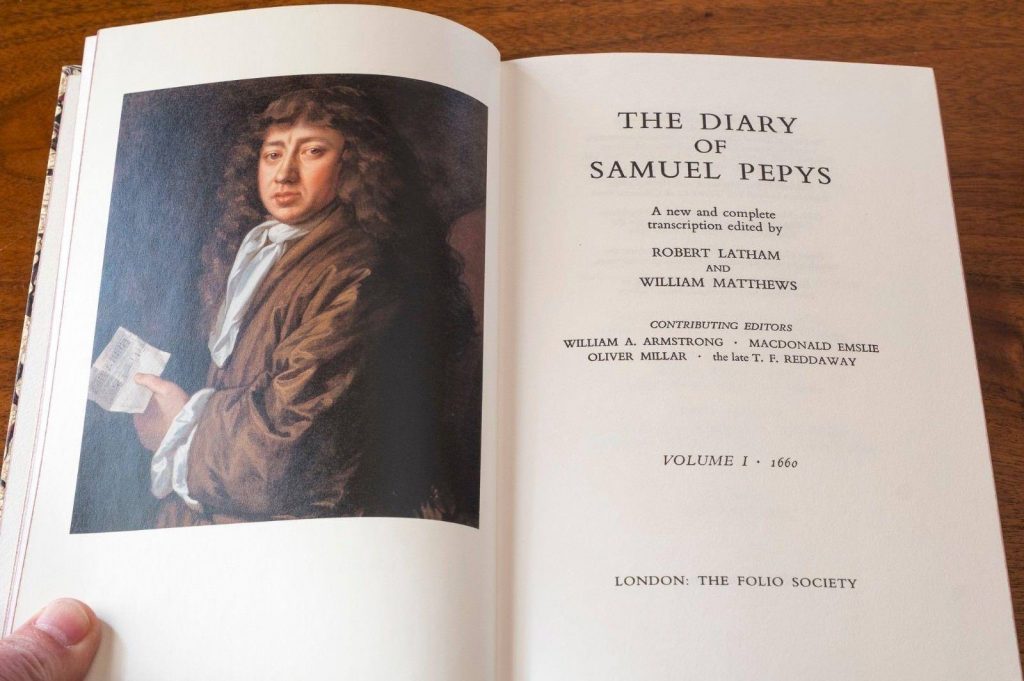
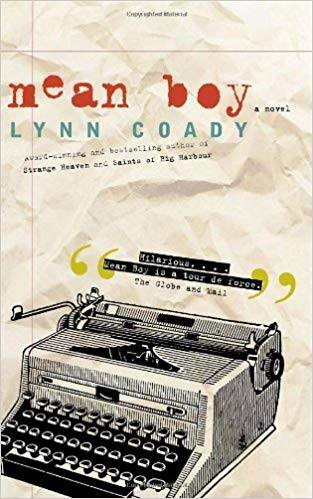
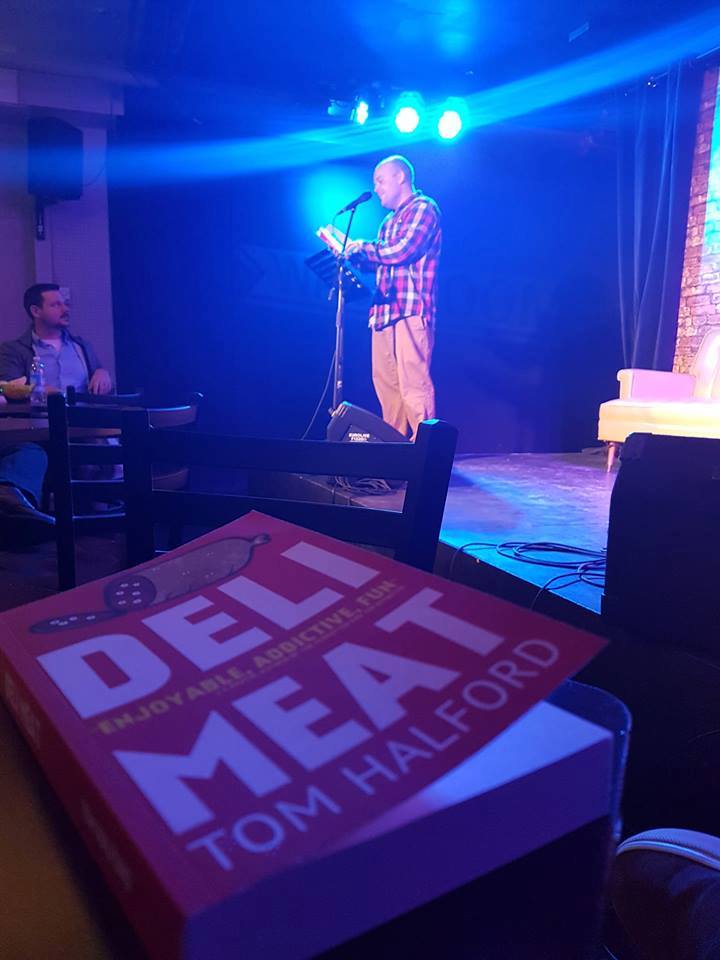
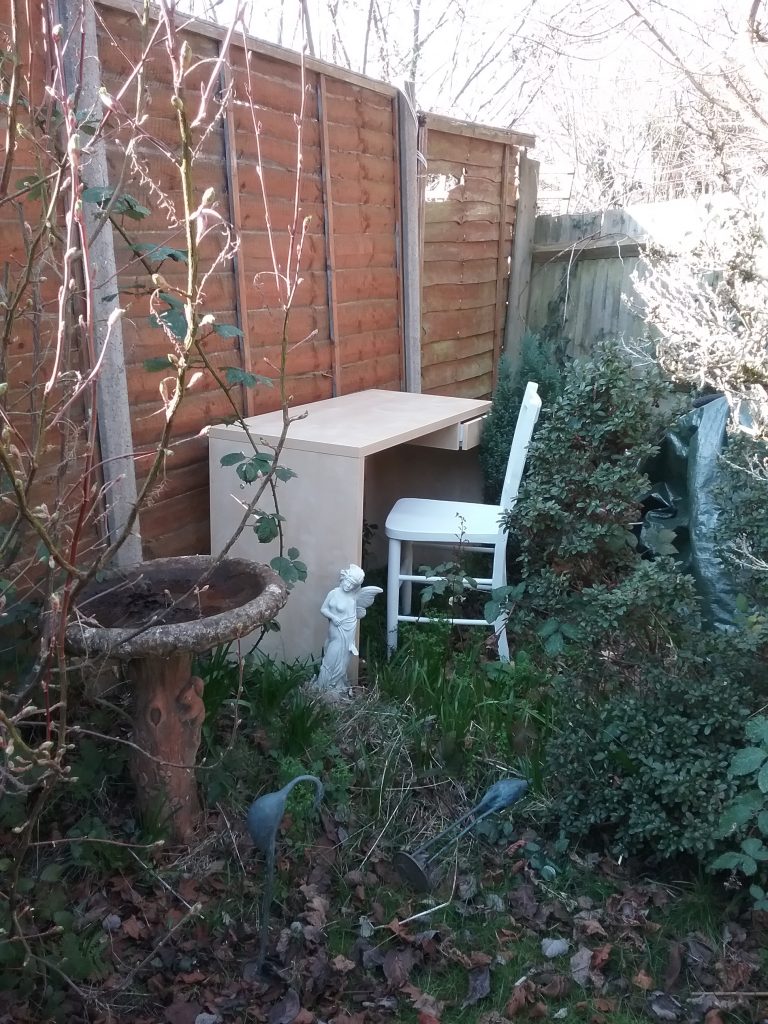
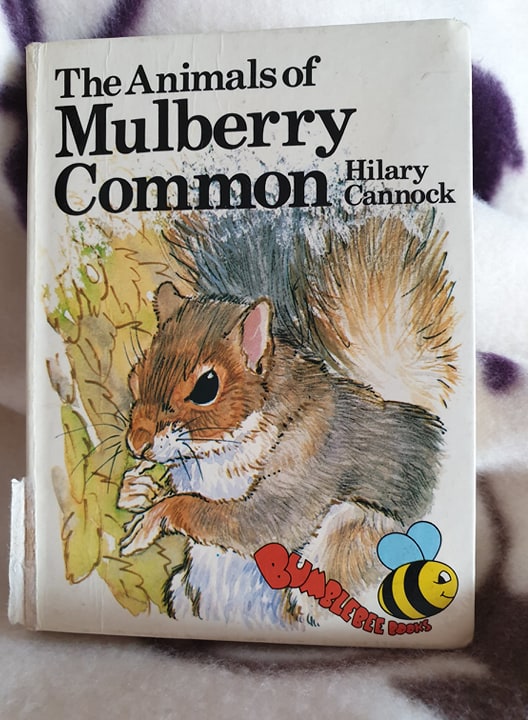
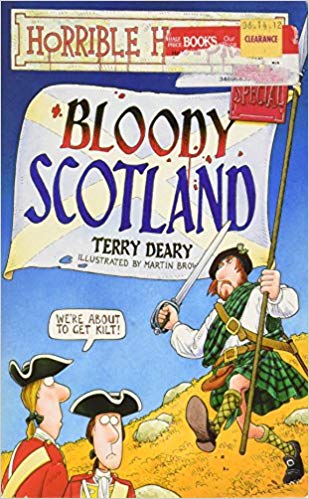
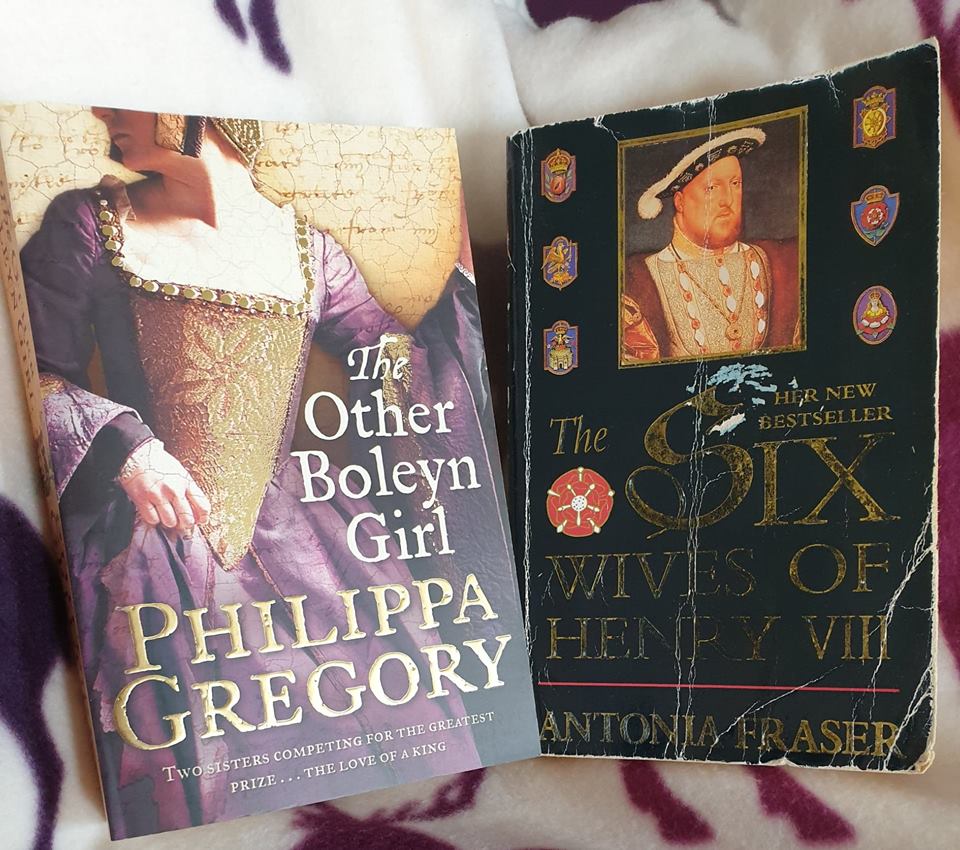
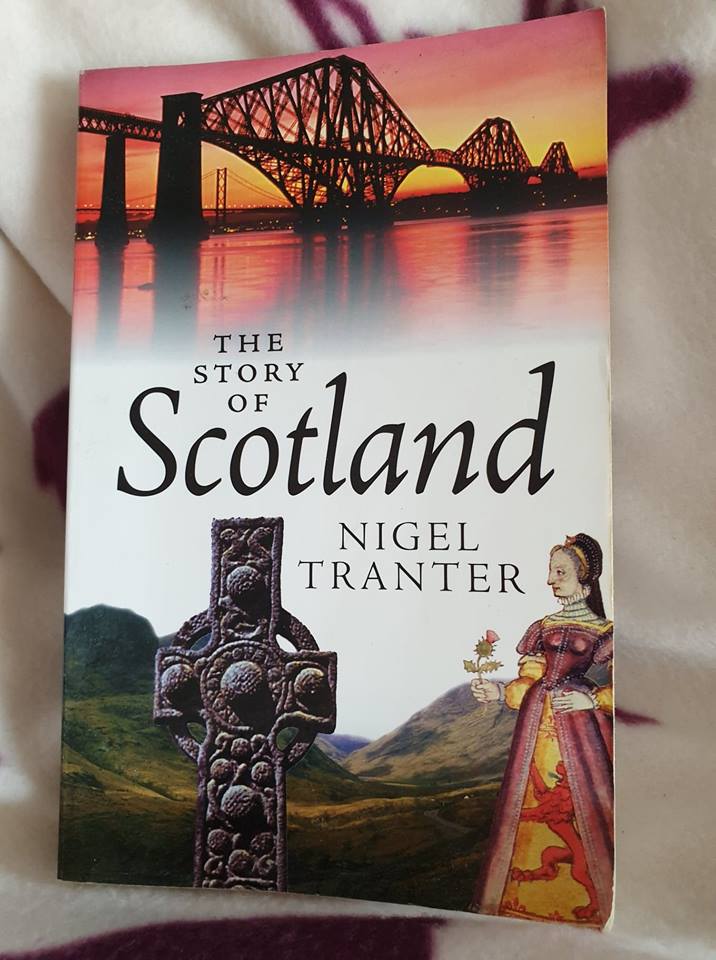


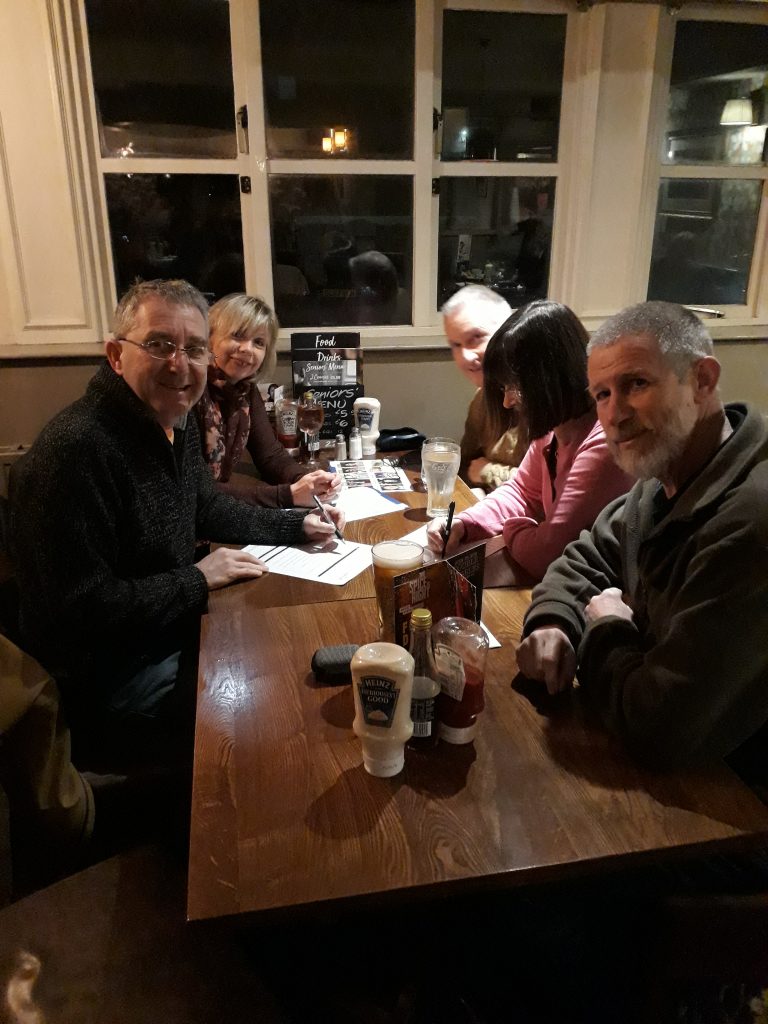
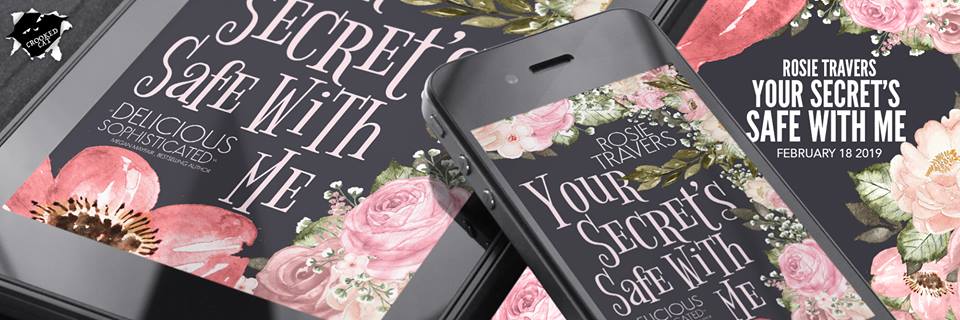
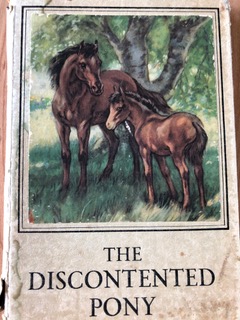
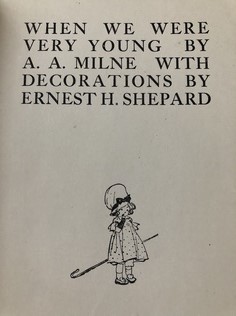
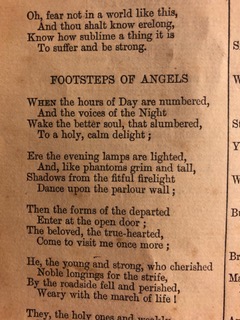
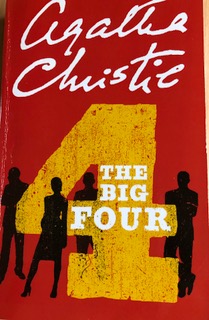
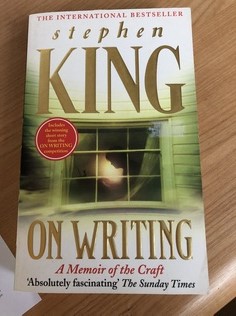
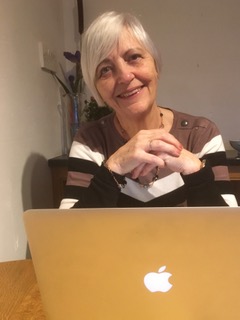
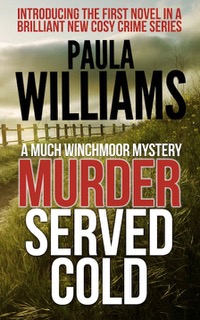


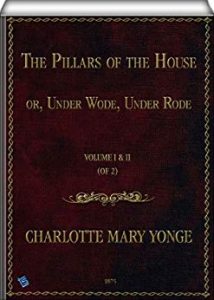 Pillars of the House – Charlotte M Yonge
Pillars of the House – Charlotte M Yonge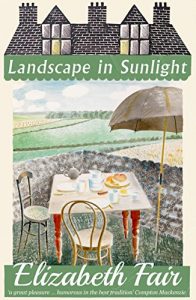 Landscape in Sunlight – Elizabeth Fair
Landscape in Sunlight – Elizabeth Fair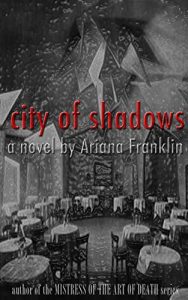 City of Shadows – Ariana Franklin
City of Shadows – Ariana Franklin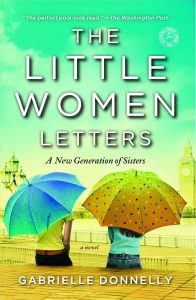 The Little Women Letters – Gabrielle Donnelly
The Little Women Letters – Gabrielle Donnelly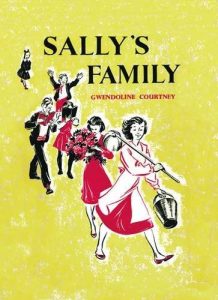 Sally’s Family – Gwendoline Courtney
Sally’s Family – Gwendoline Courtney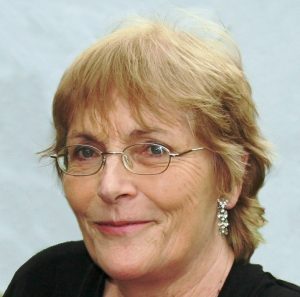
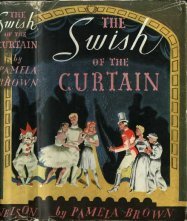 The Swish of the Curtain by Pamela Brown
The Swish of the Curtain by Pamela Brown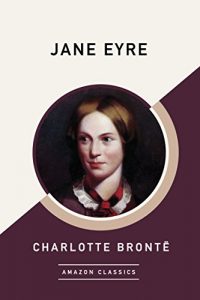 Jane Eyre by Charlotte Bronte
Jane Eyre by Charlotte Bronte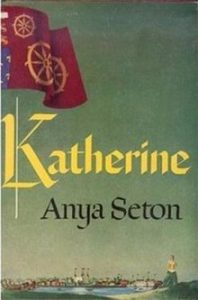 Katherine by Anya Seton
Katherine by Anya Seton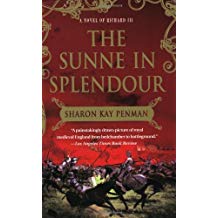 The Sunne in Spendour by Sharon Kay Penman
The Sunne in Spendour by Sharon Kay Penman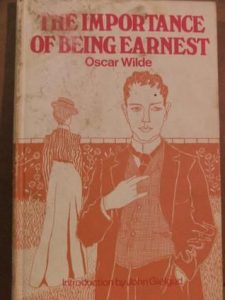 The Importance of Being Earnest by Oscar Wilde
The Importance of Being Earnest by Oscar Wilde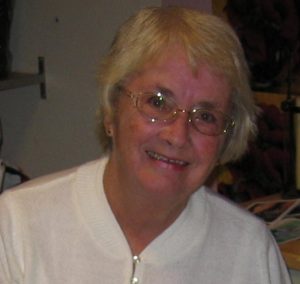 Paula Martin lives near Manchester in North West England and has two daughters and two grandsons.
Paula Martin lives near Manchester in North West England and has two daughters and two grandsons.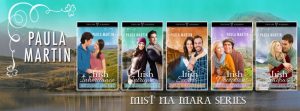

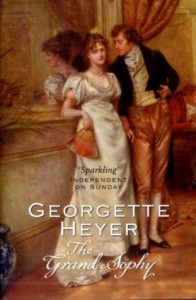 The Grand Sophy, by Georgette Heyer
The Grand Sophy, by Georgette Heyer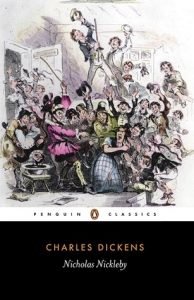 Nicholas Nickleby, by Charles Dickens
Nicholas Nickleby, by Charles Dickens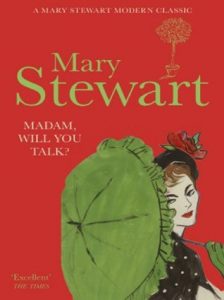 Madam, Will You Talk?, by Mary Stewart
Madam, Will You Talk?, by Mary Stewart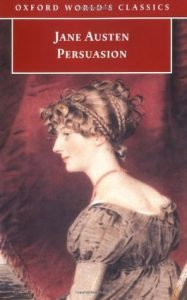 Persuasion, by Jane Austen
Persuasion, by Jane Austen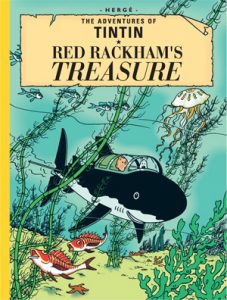 Red Rackham’s Treasure, by Hergé
Red Rackham’s Treasure, by Hergé
